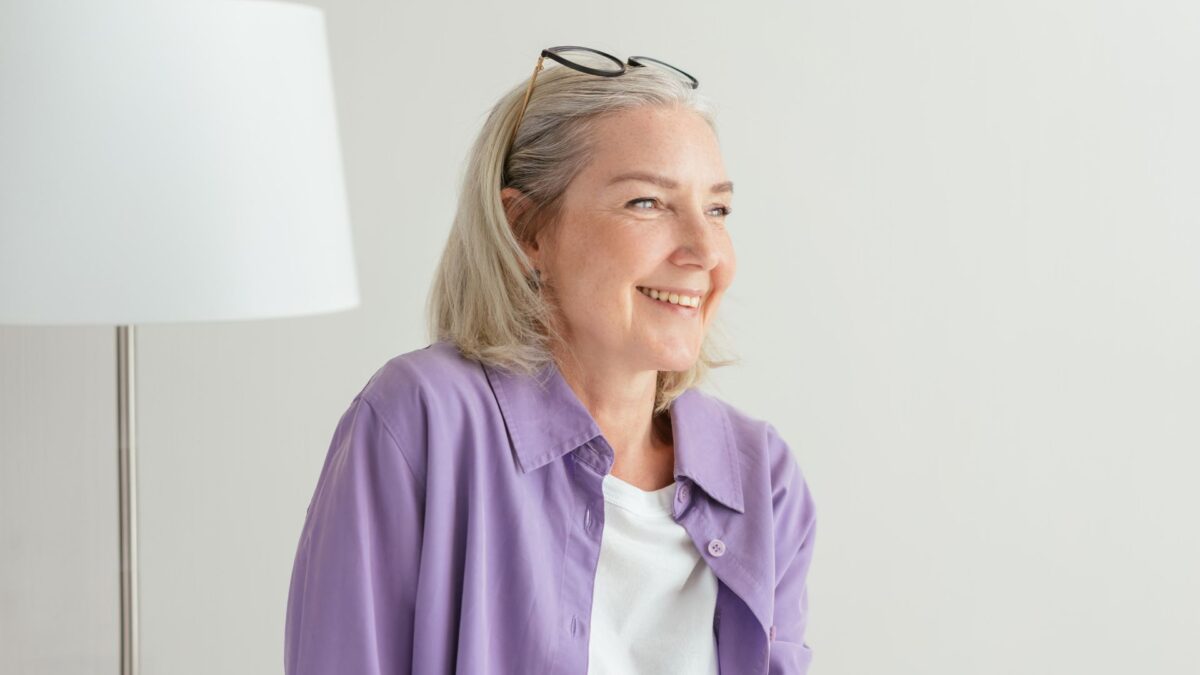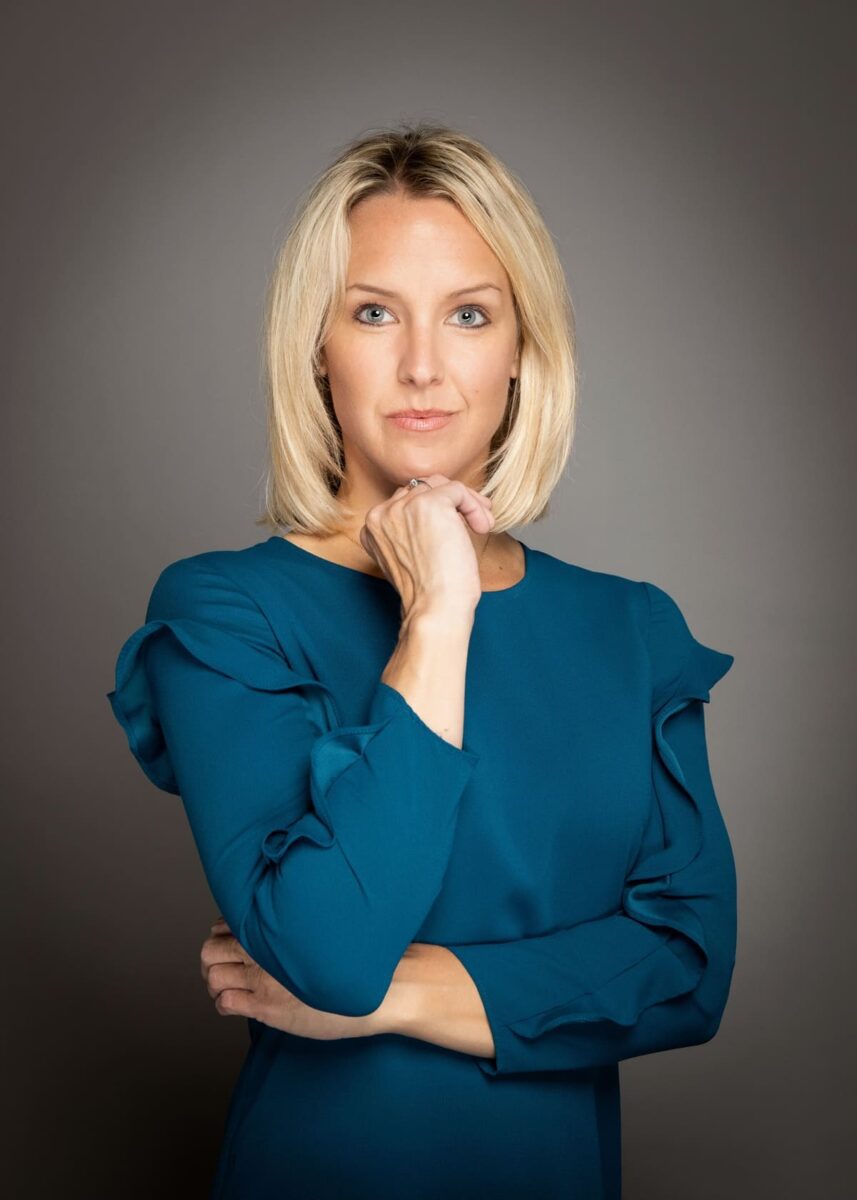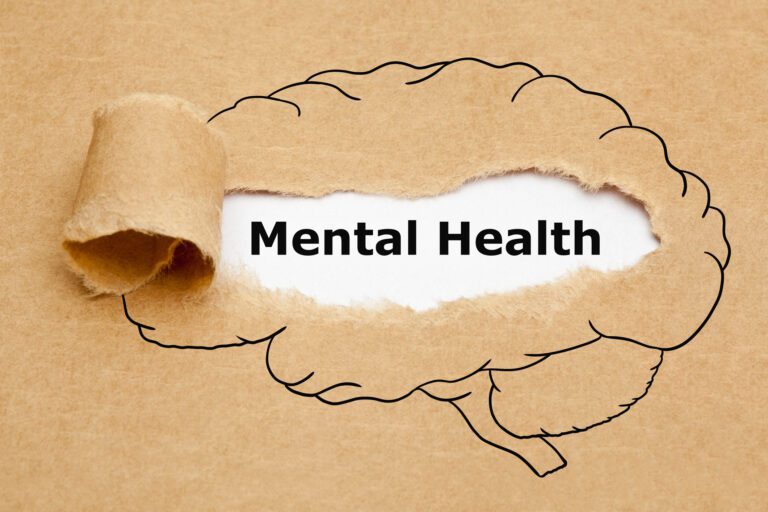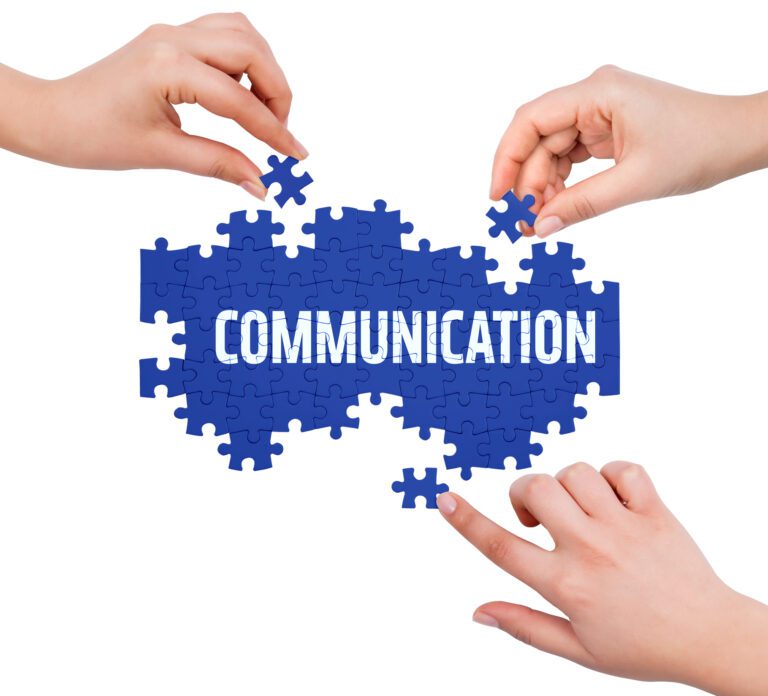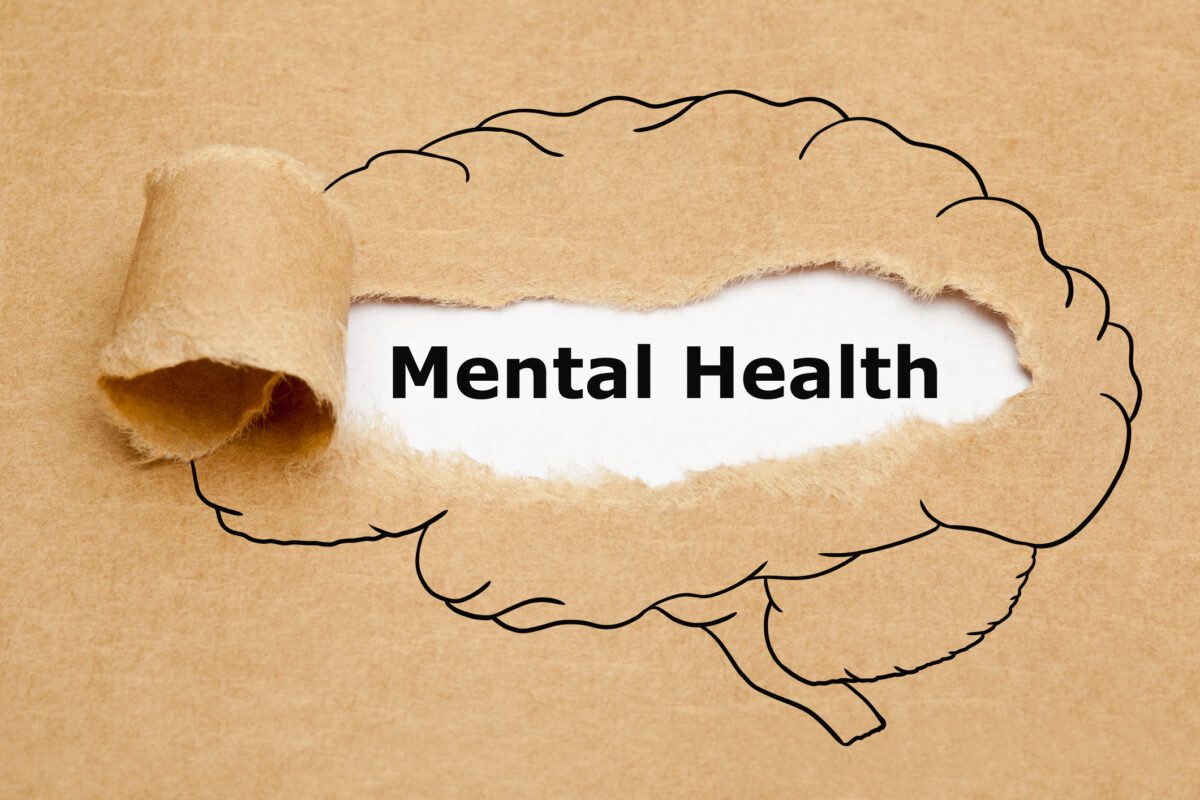There is no age limit to one developing an eating disorder. Many people think that eating disorders are primarily a “teenager” disease, but they couldn’t be farther from the truth. Eating disorders does not discriminate based on age.
In the event that your eating disorder is not being taken seriously, it is important to first, accept that possibly your loved one’s denial that you are struggling is in the way. Regardless, you have to take care of yourself. Seek out help from an eating disorder professional, and they can help you find the right fit for your exact situation.
When speaking with the eating disorder professional, first, be very honest and specific. Be direct in your communication, and willing to share how long you have been struggling and what the cost of the disease has been for you physically, mentally, and emotionally. Also, be sure and tell each person what it is that you are hoping to receive. Do you need help with meal support, picking up your children, time off work, or do you need someone to simply hold space for you to express your emotions?
It is true that some individuals may have struggled all their life with eating disorder behaviors, and stressors in older age may be triggered a relapse. While others, faced with the challenges of adulthood and loss of status in a youth and thin obsessed society, develop rituals related to diet, exercise and appearance for the first time in their lives, which can progressively lead to an eating disorder. Everyone, no matter what age, deserves recovery and a life without disordered eating and self- loathing. Freedom is possible and full recovery is available to you if you are ready to seek out help.

